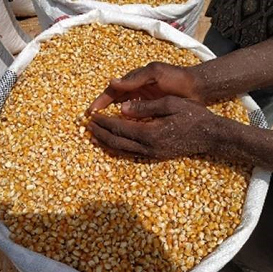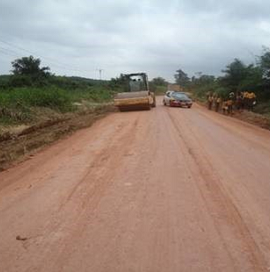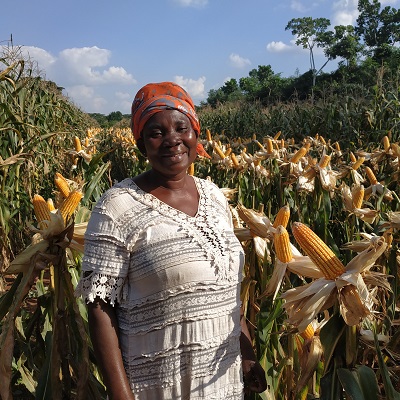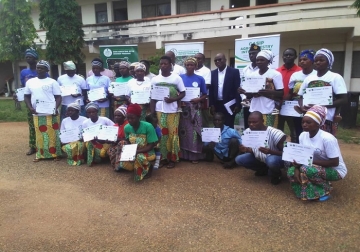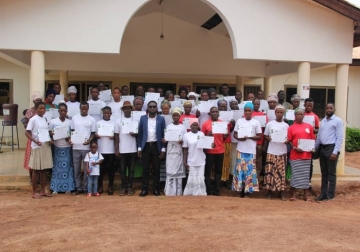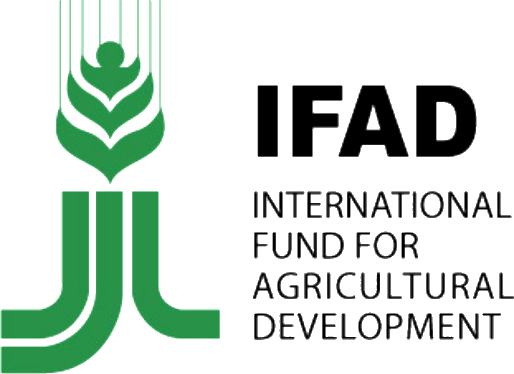SPEECH DELIVERED BY HIS EXCELLENCY NANA ADDO DANKWA AKUFO-ADDO PRESIDENT OF THE REPUBLIC OF GHANA, AT THE OCCASSION OF THE LAUNCH OF THE REARING FOR FOOD AND JOBS CAMPAIGN HELD AT THE JUBILEE PARK, WA IN THE UPPER WEST REGION ON MONDAY, 24TH JUNE, 2019
KUORO CHAIRMAN
HON. MINISTER FOR FOOD AND AGRICULTURE
HON. MINISTER OF STATE FOR FOOD AND AGRICULTURE
HON. REGIONAL MINISTER
CHAIRMAN OF THE PARLIAMENTARY SELECT COMMITTEE IN CHARGE OF AGRICULTURE
HON. MEMBERS OF PARLIAMENT HERE PRESENT
DISTINGUISHED MEMBERS OF THE DIPLOMATIC CORPS
OUR REVERED CHIEFS
DEVELOPMENT PARTNERS
MEDIA FRATERNITY
INVITED GUESTS
LADIES AND GENTLEMEN
I am delighted to be here in the Upper West Region; the furthermost region in terms of travel time from the seat of Government. Coming to the Upper West Region is always special because my political tradition, the Danquah-Busia-Dombo tradition, takes part of its roots from the Region; it is always for me a home-coming opportunity.
My abiding interest in this region also stems from its strategic location, as one of several entry points into Ghana. This surely gives the region a tag of special importance. Thirty-Six years after the birth of the Upper west Region the chiefs and people deserve special commendation for peacefully coexisting over the years, and for keeping vigilant to ensure that the region is not open to criminal elements, especially those from neighbouring countries seeking to disturb the peace and stability of our country.
Mr. Chairman, I deem my presence here today, to be of high importance and significance. This is because of the economic opportunities and prospects today’s programme brings to the people of this region, and the country as a whole. My mission is to launch the Rearing for Food and Jobs campaign, one of five modules under Government’s over-arching flagship programme, Planting for Food and Jobs (PFJ).
The four (4) other modules under the PFJ are: Planting for Export and Rural Development (PERD), Mechanization, Greenhouse Villages and the Food Crops module. All five modules have been purposely designed and tailored to specific needs to facilitate the transformation of Ghana’s agriculture. The campaign is to stimulate growth in the livestock sector and will span five (5)
years from 2019 to 2023. Appropriately the theme for the occasion is Self Sufficiency in Meat Production-a Must. This should give us a clear idea and overall purpose underlying the RFJ campaign.
In line with the theme the primary objective of the RFJ campaign is to ensure immediate and adequate availability of meat and other livestock/poultry products in the country. This is to be achieved through improved productivity and intensification of targeted support to private sector service providers, particularly livestock farmers and other citizens seeking to take advantage of the campaign. Another key objective of the campaign is to provide job opportunities in the agriculture and allied sectors for the unemployed youth. This is consistent with Government’s job creation agenda which is being aggressively pursued.
By design, the campaign will cover selected value chains in the livestock sector namely: sheep, pigs, goats, poultry and dairy cattle. Implementation of the programme will be based on credit-in-kind and subsidy schemes to encourage high participation.
Over the years several factors are known to have militated against the sustainable development of the livestock sub-sector in the country. These include
Inadequate access and low utilization of improved breeds;
Insufficient or inadequate livestock feed and water resources;
Inadequate Agricultural Extension Service;
Inadequate processing facilities and linkage of produced commodities to the needs of the market;
Poor and inadequate livestock housing structures, plant and equipment; and
Poor animal health, inadequate staffing and equipment, among others.
Mr. Chairman It stands to reason that the objectives of the RFJ campaign cannot be achieved if these factors are not fully addressed within the five (5) year implementation period. Consequently a conscious focused and committed effort will be made to address the challenges identified, as required. In the five year period of the RFJ campaign, it is projected that 40,500 small ruminants, mainly sheep and goats, 38,000 pigs, 258,000 cockerels and over 10,000 guinea fowls will be distributed to livestock (including poultry farmers) and would-be farmers, throughout the country.
Additionally, 3,000 cattle farmers will benefit from a programme of artificial insemination to increase cattle and average meat production. These planned interventions are indicative of the priority attention now being given to the livestock sector after years of neglect. Given the sector’s important contribution to the reduction of rural poverty it is fair to conclude that the priority attention has been long overdue. Statistical evidence shows that we have grossly underestimated the potential of the livestock sector with serious ramifications for the economy. The neglect of the sector has been very costly to the country as reflected by available statistics.
Mr. Chairman, Last year 2018, local livestock production of 57,871mt accounted for only 19% of the country’s meat requirements. The remaining 81% had to be imported with scarce foreign exchange resources to meet local demand. In the same year 2018, Ghana imported a total of 244,336 metric tonnes of meat and livestock products, registering an increase of 44% from the year 2015. Even more staggering, is the revelation that Ghana’s importation of meat products amounts to about USD400m annually.
The grim statistics is an indictment on us as a country, since the potential has long existed to reverse the undesirable state of affairs through targeted interventions. This is why I am fully confident and optimistic of the success of the RFJ based on existing plan of action.
However, I wish to raise a nagging concern that needs to be addressed as a matter of priority and urgency. Quite often Mr. Chairman, the success or otherwise of laudable projects such as the RFJ depends on the extent to which they are embraced by citizens. In most cases citizens, while eager to respond to the opportunities provided by Government, are unable to do so due to lack of information about how to access the facilities.
This has accounted for the failure of otherwise very promising projects; The problem cuts across all sectors. I am therefore using this platform to call attention of the Ministry of Food and Agriculture for prompt and necessary action. There should be effective and extensive dissemination of information on modalities of implementation of the RFJ right after the launch to ensure the needed and expected participation of citizens. That way the objectives of the campaign will be achieved and the expected dividends from Government’s investment realized.
Mr. Chairman, let me underscore that Government places high premium on agriculture because the sector arguably provides the best opportunities for addressing the economic problems of the country.
This conviction is firmly reflected in the manifesto of the NPP and Government’s blue-print spelling out the new direction for National development. The blue-print is a well thought out document which fulfils the requirement of Article 36 (5) of the Constitution. The said Article joins the President is to develop a coordinated programme of economic and social policies, including agriculture and industrial programmes at all levels in the regions of Ghana.
The thrust of Government’s coordinated programme and policy document is to create the necessary conditions for the private sector to propel meaningful growth; one that presents ample employment opportunities for the youth.
Undoubtedly the launch of the RFJ initiative today gives firm expression to our commitment to deliver on the manifesto promise and social contract with the people of this country.
Expert diagnosis of the sector’s problems has led to the conclusion that there is an urgent need for a paradigm shift if the transformation agenda for the agricultural sector is to be achieved. This calls for a new emphasis of agriculture as an economic and commercial enterprise with strong linkage to industry. It also implies modernising our systems of production to ensure food security and self-sufficiency in the production of our staples.
Achieving the goal of transformation also means the successful diversification of the country’s export crops and being competitive on the international markets among others.
It is no secret that Ghana abounds in rich natural resources, the proper exploitation of which will lead to significant wealth creation, prosperity and economic inclusiveness.
This reality is what has informed and emboldened government to take steps to tap the huge potential of Ghana’s agriculture. The launch of the RFJ today attest to Government’s determination in that regard. Our hallmark has been to back words with concrete and decisive action based on a clear vision of “A Ghana Beyond Aid”.
The Planting for Food and Jobs initiative is a clear example of the current approach to governance. So far, the return on investments in the PFJ has been humbling. This is why government is focusing on promoting opportunities in the private sector more initiatives to encourage entrepreneurship. The response has been positive judging from the level of interest being shown in the agricultural sector by citizens and investors, both local and foreign.
What this portends simply is that Government is on the right path, and will continue to provide vital policy support and strengthen partnership with the private sector, particularly in the area of agriculture.
Mr. Chairman the strides made in agriculture in less than three years is generously supported by our Development Partners. On an auspicious occasion such as this it is only appropriate that we recognize their contribution. Without their support Government would have faced greater challenges in the quest to address the socio-economic needs of the people of this country. I therefore wish to thank our Development Partners very much and trust that we can continue to count on you as valuable partners, as we soldier on to the path of prosperity.
That said it is now my privilege and honour to declare the Rearing for Food and Jobs Campaign duly launched.
I thank you for your attention and God bless our homeland Ghana.

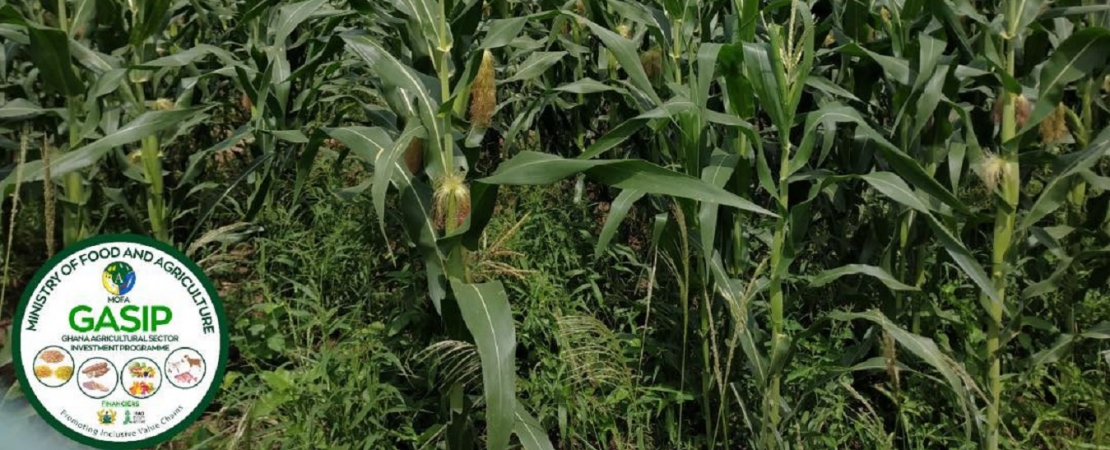 As an Extension Officer, Climate Change Champion, or a farmer, are you proud of the management of your maize field today?
As an Extension Officer, Climate Change Champion, or a farmer, are you proud of the management of your maize field today?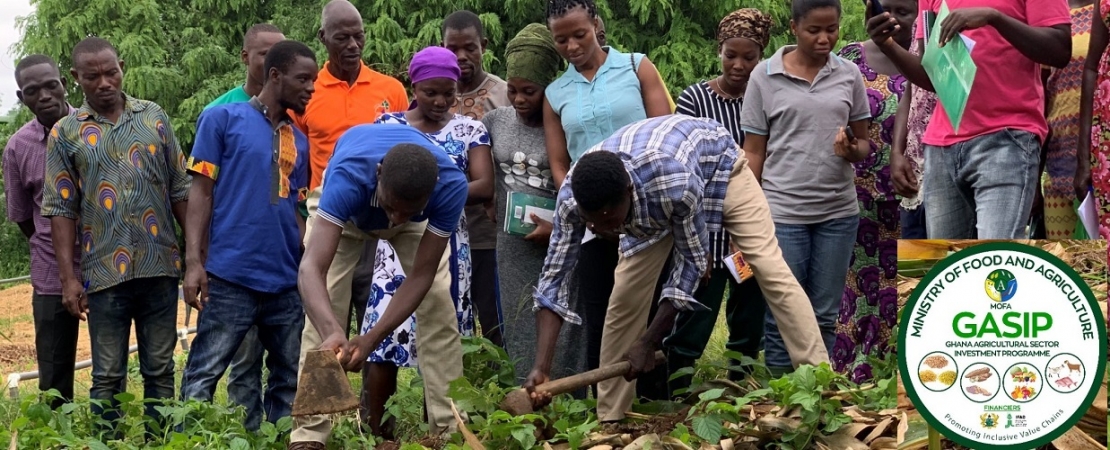 The action of a farmer can help maintain or destroy the productivity of the soil.
The action of a farmer can help maintain or destroy the productivity of the soil. 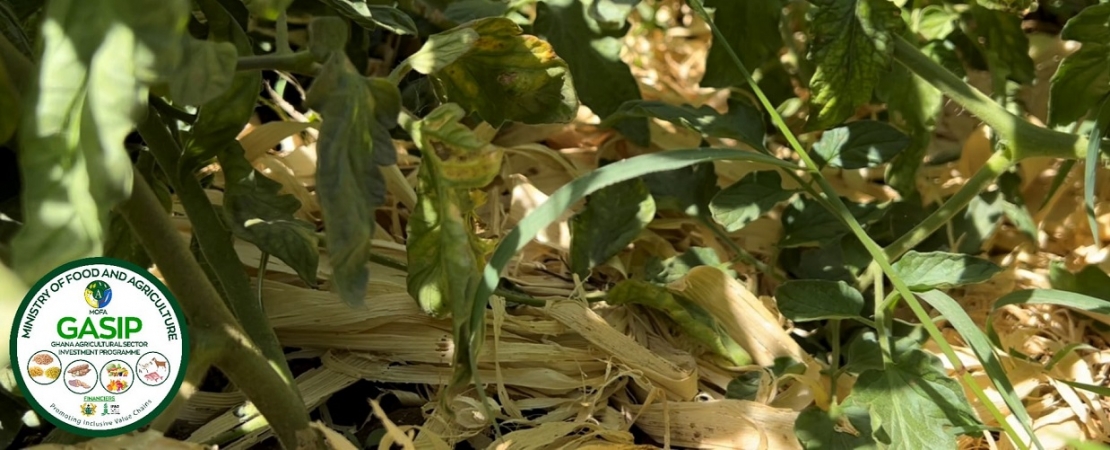 Mulching creates pleasant conditions for crop growth, especially for dry season cropping.
Mulching creates pleasant conditions for crop growth, especially for dry season cropping. 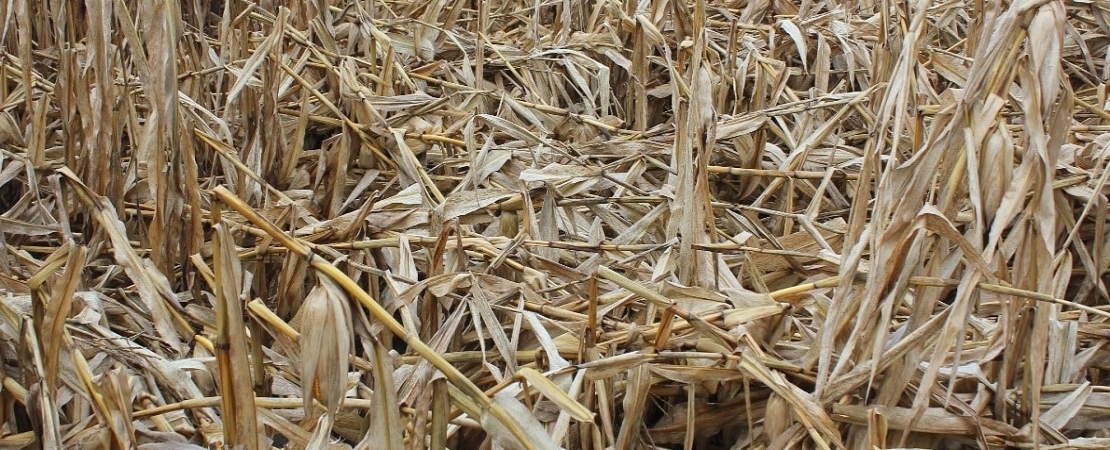 Let’s join hands to save the environment.
Let’s join hands to save the environment. 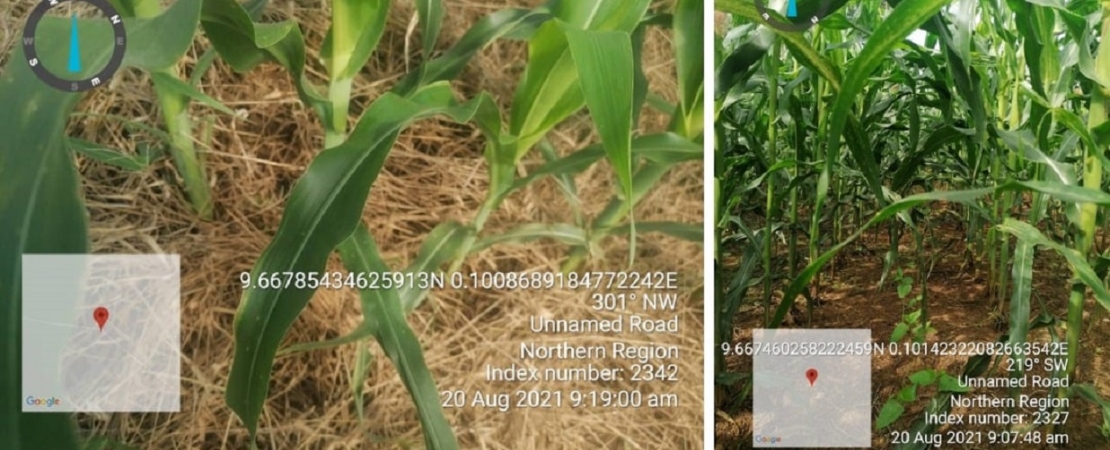 Maintenance of soil cover (using either a previous crop residue or specifically growing a cover crop for this purpose)
Maintenance of soil cover (using either a previous crop residue or specifically growing a cover crop for this purpose)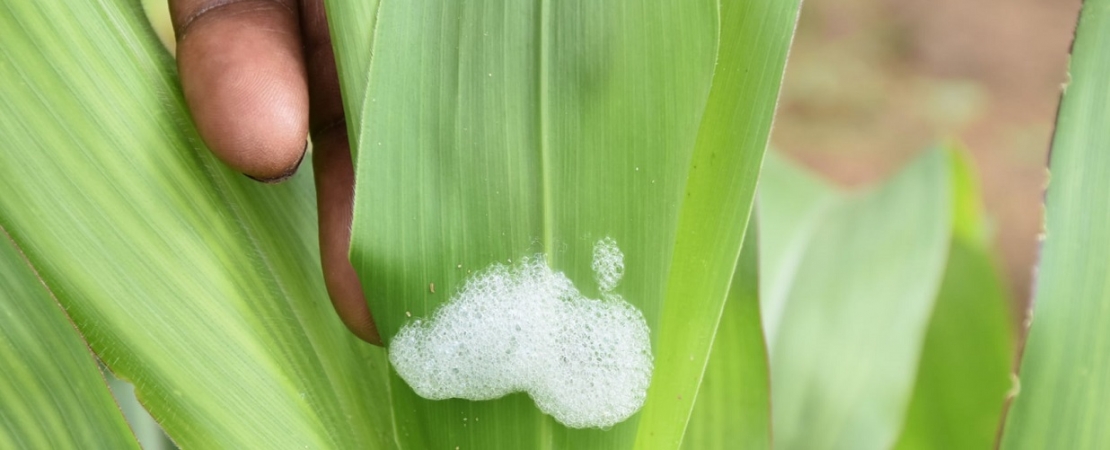 Let’s work together as we help farmers fight FAW on their fields.
Let’s work together as we help farmers fight FAW on their fields. 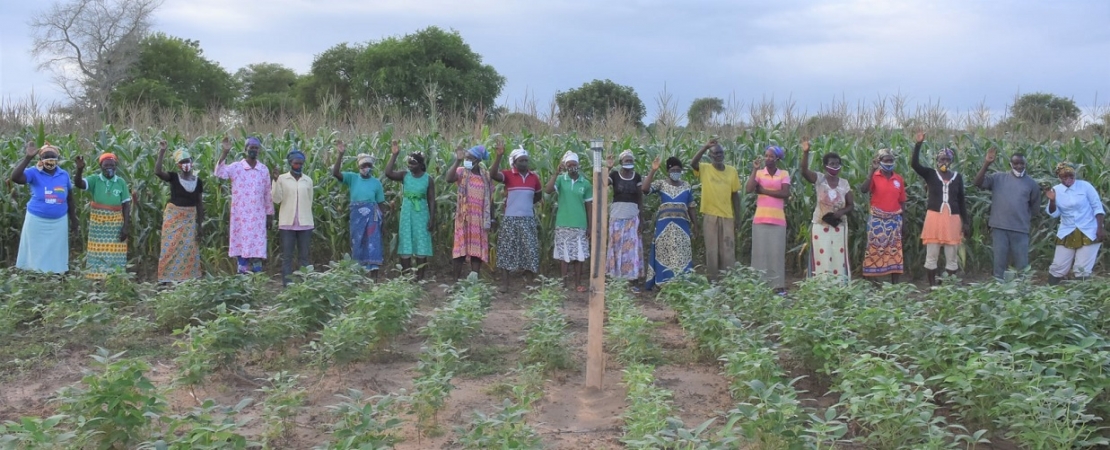 GASIP needs you alive.
GASIP needs you alive.  GASIP has now developed a model that enables IFAD funds benefit the smallholder farmer directly
GASIP has now developed a model that enables IFAD funds benefit the smallholder farmer directly  The 2019 result of GASIP is admirable, knowing where we are coming from.
The 2019 result of GASIP is admirable, knowing where we are coming from. 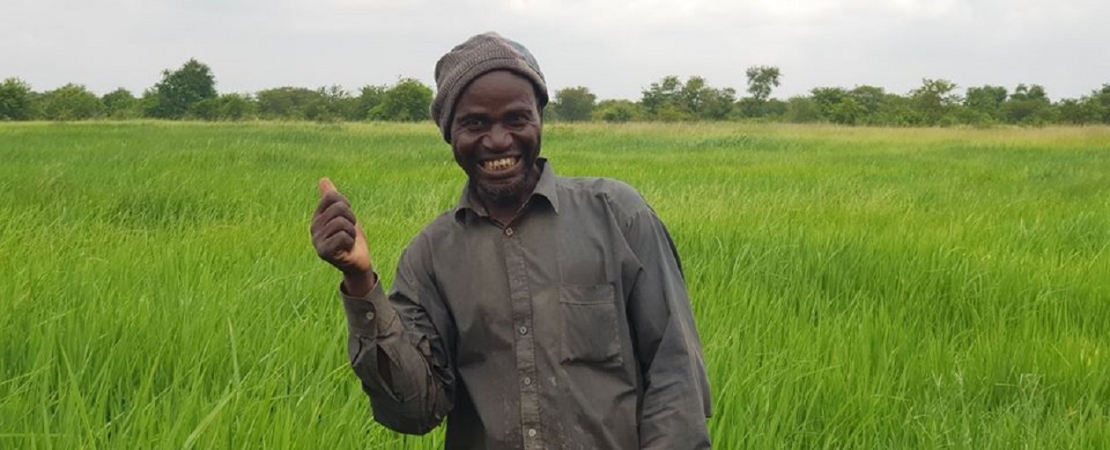 A beneficiary farmer on his rice farm in Gaa with a thumb up for the inputs received from GASIP
A beneficiary farmer on his rice farm in Gaa with a thumb up for the inputs received from GASIP 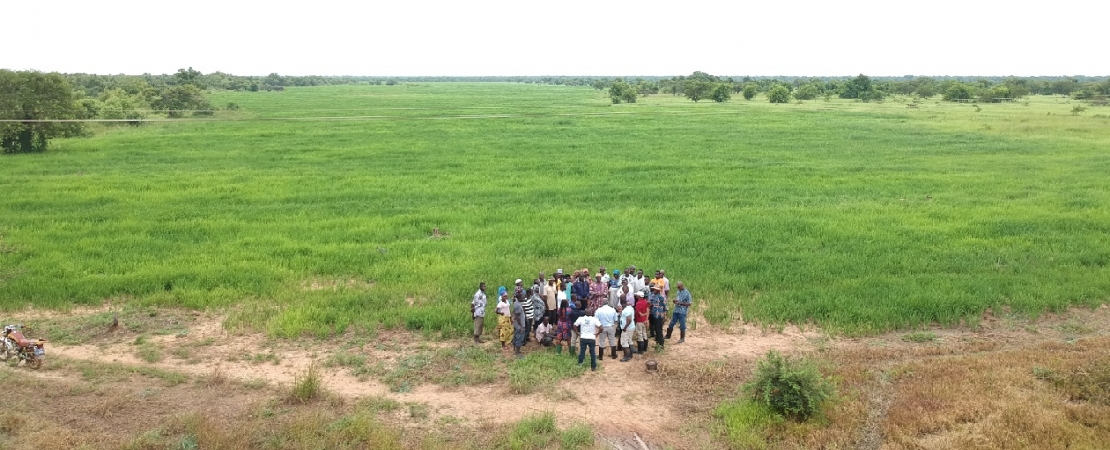 Monitoring Smallholder Farmer's rice block-farm at Gaa.
Monitoring Smallholder Farmer's rice block-farm at Gaa. 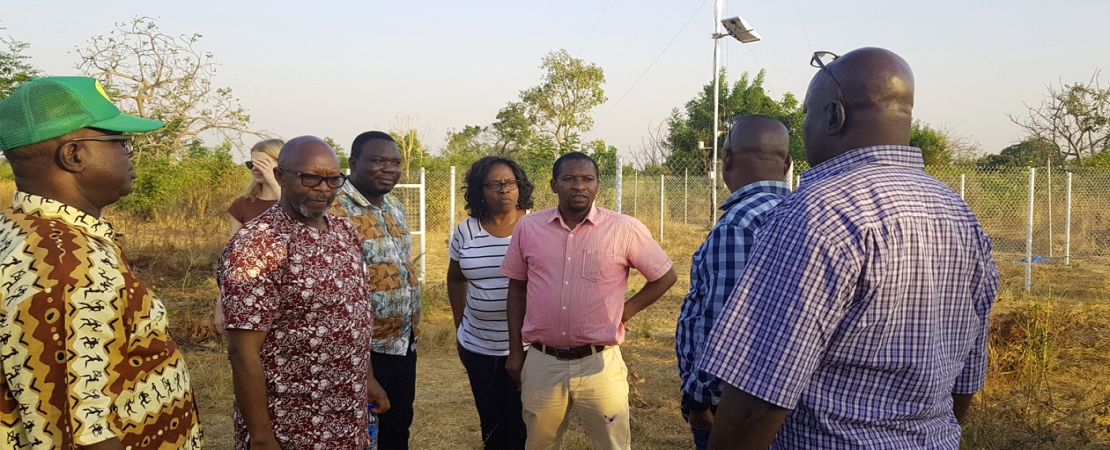 Installed at Tampoe in Jirapa District
Installed at Tampoe in Jirapa District  0
0  1
1  2
2  3
3  4
4  5
5  6
6  7
7  8
8  9
9  10
10  11
11 